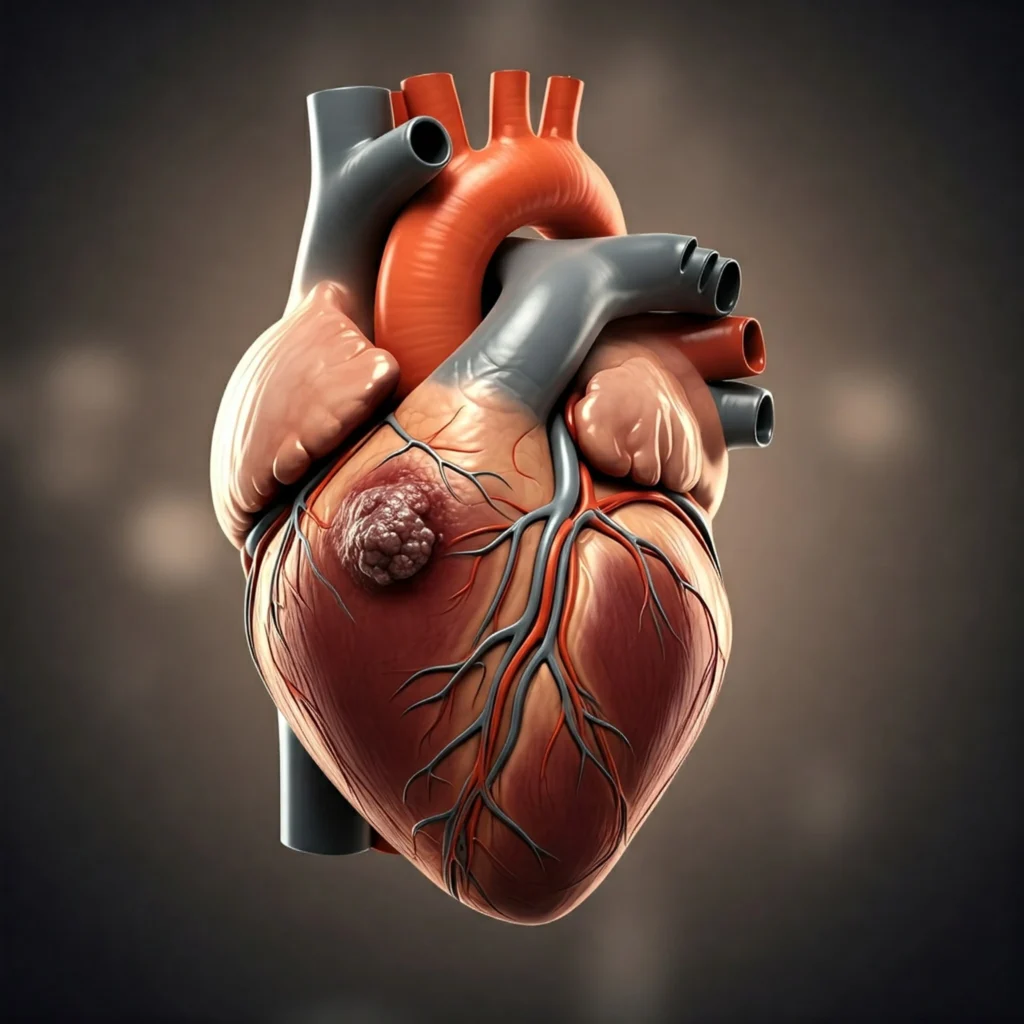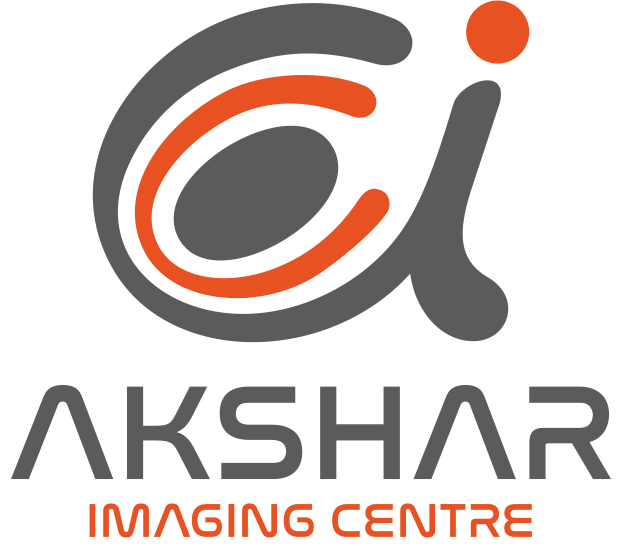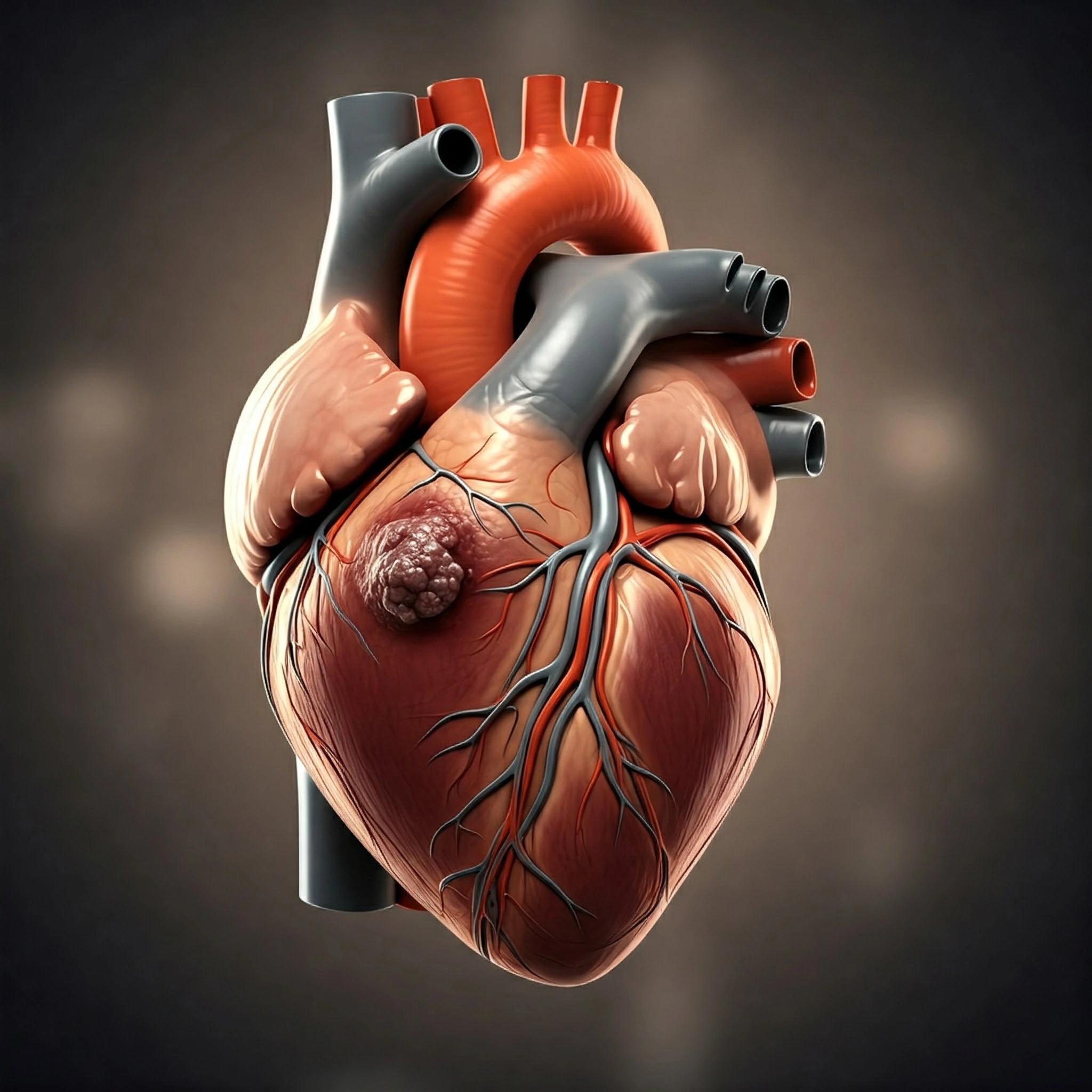
Heart cancer, also known as cardiac cancer, is an exceptionally rare medical condition. Unlike cancers that commonly affect organs like the lungs or liver, heart cancer accounts for only a small fraction of malignancies. Nevertheless, understanding its symptoms, diagnostic process, and treatment options is crucial, as early detection can significantly improve patient outcomes.
What is Heart Cancer?
Heart cancer refers to tumors that develop in the heart tissue. These tumors can be classified into two categories:
- Primary Heart Tumors: These originate directly within the heart. They are exceedingly rare and include both benign (non-cancerous) and malignant (cancerous) types. Malignant primary tumors, such as sarcomas, are the most serious.
- Secondary Heart Tumors: These are far more common and result from cancers that have metastasized (spread) to the heart from other parts of the body, such as the lungs, breasts, or kidneys.
Benign tumors, like myxomas, may still pose significant health risks by obstructing blood flow or causing arrhythmias, while malignant tumors can invade and damage vital cardiac structures.
Causes and Risk Factors
The exact causes of heart cancer remain largely unknown due to its rarity. However, potential factors may include:
- Genetic Mutations: Abnormal changes in DNA may predispose certain individuals to develop tumors.
- Environmental Exposures: While unproven, exposure to carcinogens may play a role.
- Metastasis from Other Cancers: Secondary tumors are more common, especially in individuals with advanced-stage cancers elsewhere in the body.
Unlike cancers linked to lifestyle factors, such as smoking or diet, heart cancer often lacks clear risk factors, making it difficult to predict or prevent.
Symptoms of Heart Cancer
Heart cancer symptoms can vary widely depending on the tumor’s location, size, and whether it affects blood flow or the heart’s electrical system. Common symptoms include:
- Chest Pain: Persistent discomfort or pressure in the chest region.
- Shortness of Breath: Especially during physical activity or when lying flat.
- Irregular Heartbeats: Palpitations or arrhythmias that may feel like a racing or skipping heartbeat.
- Swelling: Edema in the legs or abdomen caused by impaired blood circulation.
- Systemic Symptoms: Fatigue, fever, or unintended weight loss.
These symptoms often mimic other cardiac conditions, such as coronary artery disease, making accurate diagnosis essential.
How is Heart Cancer Diagnosed?
Given its rarity and nonspecific symptoms, diagnosing heart cancer requires advanced imaging techniques and a high degree of clinical suspicion. The diagnostic process may include:
1. Imaging Studies
- Echocardiogram: A non-invasive ultrasound of the heart that can reveal abnormal masses.
- CT Scan: Provides detailed cross-sectional images to detect tumors and assess their size and spread.
- MRI: Particularly useful for visualizing soft tissue structures and differentiating tumor types.
- PET Scan: Helps identify active cancerous cells by detecting metabolic activity.
2. Biopsy
A biopsy involves taking a small sample of the tumor tissue for microscopic examination to confirm malignancy. This is often performed during surgery or with minimally invasive techniques.
3. Blood Tests
While blood tests are not definitive for diagnosing heart cancer, they may help rule out other conditions or detect markers of systemic inflammation.
At Akshar Imaging Centre, we employ state-of-the-art technology for accurate and timely diagnosis, ensuring patients receive the best possible care.
Treatment Options
The treatment approach for heart cancer depends on several factors, including the tumor type, stage, and overall health of the patient. Options include:
1. Surgery
For operable tumors, surgical removal is the primary treatment. Complete resection can be curative for benign tumors and some early-stage malignancies. However, surgery may not be feasible for advanced or invasive tumors.
2. Chemotherapy and Radiation Therapy
- Chemotherapy: Uses anti-cancer drugs to target and destroy cancer cells. It is often used for metastatic or inoperable cases.
- Radiation Therapy: High-energy rays are directed at the tumor to shrink it or prevent further growth. This is typically used in conjunction with other treatments.
3. Palliative Care
For advanced cases, the focus shifts to symptom management and improving quality of life. This may include medications to manage pain, arrhythmias, or heart failure.
Prognosis and Survival Rates
Heart cancer carries a guarded prognosis due to its rarity and the difficulty of achieving complete remission. However, early detection and prompt treatment can improve survival rates. Factors influencing outcomes include:
- Tumor Type: Benign tumors generally have a favorable prognosis.
- Extent of Disease: Localized tumors are more treatable than those with widespread metastasis.
- Overall Health: The patient’s age and comorbid conditions also play a role.
Prevention and Regular Screening
While specific prevention strategies for heart cancer are unclear, maintaining overall heart health is vital. Tips include:
- Regular cardiovascular check-ups.
- Managing risk factors like hypertension and diabetes.
- Avoiding smoking and excessive alcohol consumption.
Regular diagnostic screenings, particularly for individuals with a history of cancer or genetic predisposition, can aid in early detection of cardiac abnormalities.
How Akshar Imaging Centre Can Help
At Akshar Imaging Centre, we are committed to providing comprehensive diagnostic services, including advanced imaging techniques such as MRI, CT scans, and echocardiograms. Our team of specialists ensures accurate diagnosis and collaborates with oncologists and cardiologists for tailored treatment plans.
For consultations or to learn more about our services, contact us today. Early diagnosis can save lives.
Conclusion
Heart cancer is an uncommon but serious condition that requires heightened awareness and prompt medical attention. By understanding its symptoms, diagnosis, and treatment options, patients and healthcare providers can work together to achieve better outcomes. Akshar Imaging Centre stands at the forefront of cardiac diagnostics, offering advanced tools and expertise to support patients on their health journey.

